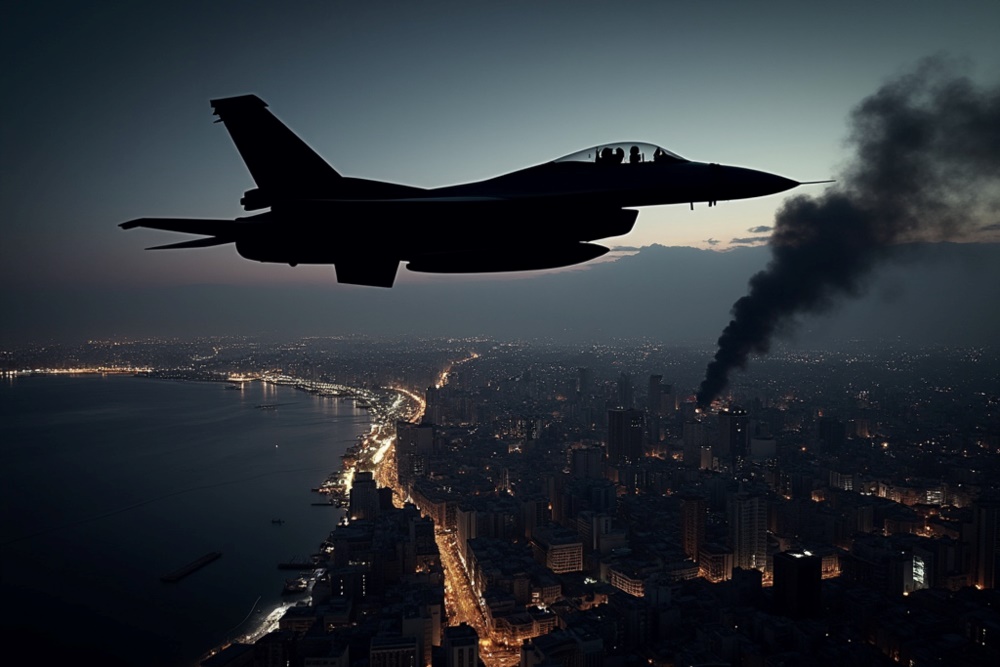
Hezbollah suffered unexpected strategic setbacks this week that likely shattered its self-confidence. The organization completely failed to predict or stop a series of deadly Israeli operations, gravely miscalculating the course of the current conflict.
First, Israel triggered thousands of explosions in electronic devices, causing numerous Hezbollah casualties and disrupting its internal communications.
Next, a strike in Beirut eliminated chief of operations Ibrahim Aqil along with the command chain of the elite Radwan unit.
In both cases, Hezbollah was caught by surprise due to strategic miscalculations. Misreading the situation left the organization exposed and led to severe consequences.
Underestimating Israel’s Abilities Hezbollah’s fundamental error was its failure to accurately gauge Israel’s military and covert capabilities. While these were not entirely new, Israel previously refrained from deploying them for various reasons.
Before this week, Hezbollah’s leaders believed they had a firm grasp of Israel’s abilities. They expected that any Israeli escalation would remain within familiar boundaries, merely intensifying the scale of standard responses.
However, Hezbollah failed to account for the possibility that Israel might alter its tactics and target selection, not just the scope of its actions. This miscalculation left Hezbollah vulnerable, exposing weaknesses that the organization did not even realize existed.
Misreading Israel’s Strategic Shift: Throughout the conflict, Israel issued numerous threats against Hezbollah without taking immediate, significant action. This pattern seemingly lulled Hezbollah into a false sense of security, hampering its ability to accurately assess the evolving situation.
The organization’s leadership assumed that the situation would continue under familiar deterrence equations, with both sides avoiding full-scale escalation.
But at a critical juncture, Israel’s strategic calculus shifted, leading to a newfound willingness to take bolder actions and accept greater risks. Hezbollah’s analysis, however, failed to detect this pivotal change.
Hezbollah’s Limited Options: One of the core flaws in Hezbollah’s strategy has been its failure to appreciate the fundamental asymmetry with Israel in terms of response options.
Israel has the ability to deliver precise, targeted strikes that impose heavy costs on Hezbollah without triggering a full-scale war. Hezbollah, on the other hand, is far more limited in its capacity to retaliate without crossing thresholds that could escalate into an all-out conflict.
While Israel can strike with pinpoint precision, Hezbollah’s most potent weapons and tactics, such precision-guided missiles and massive rocket attacks on major Israeli cities, would likely spark a wider war.
This imbalance means that in a limited conflict – where neither side seeks a large-scale war – Israel has a broader array of tactical options. Hezbollah’s inability to navigate this asymmetry has become increasingly apparent, especially in the past week.
Overall, these three critical errors left Hezbollah facing an unprecedented crisis. The organization’s surviving leaders are now forced to reevaluate their strategic assumptions and retaliation options, as the risk of a full-scale war skyrockets.


